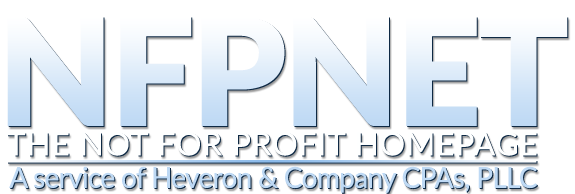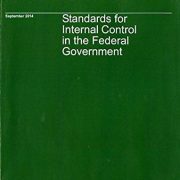Uniform Guidance-Payroll Documentation
Recently there have been numerous reports of significantly increased enforcement of requirements for documenting payroll allocations with personnel activity reports whenever federal funding is received. So some of the provisions contained in the “Uniform Administrative Requirements, Cost Principles, and Audit Requirements for Federal Awards”, effective for 2015, will be welcome. Some of these provide some relief from recordkeeping requirements and others provide some welcome clarification
Specifically, rules for documenting payroll allocation include:
Budget estimates can be used on an interim basis as long as they are reasonable approximations of time actually worked, they are updated when appropriate, and ultimately adjusted as necessary.
Charges to federal awards for salaries and wages must be based on records that accurately reflect the work performed and is supported by a system of internal control which provides reasonable assurance that the charges are accurate, allowable and properly allocated.
Another provision states that, for records which meet these standards, the entity will not be required to provide additional support or documentation for work performed. However, later on it says that in cases where records do not meet the standards, the federal government may require personal activity reports.
The section on payroll documentation goes on to say that cognizant agencies for indirect costs are encouraged to approve alternative proposals based on outcomes and milestones for program performance where these are clearly documented. These can be acceptable alternatives to the documentation requirements above.
Incentive compensation is allowable if it’s based on cost reduction, efficient performance, safety awards, and similar criteria, as long as overall compensation is reasonable
Compensation is also allowable when paid to trustees, directors, or officers when it is reasonable and is paid for services.
Fringe benefits, including standard items, authorized absences, pursuant to an organization’s policy, and even certain reserves for self-insurance of unemployment are allowable.
Paid personal use of company vehicles is not allowed even if it is reported as compensation.
Postretirement health insurance is allowed generally on a pay-as-you-go basis.
Severance pay is allowable as long as it meets certain criteria such as being subject to an established policy.
If you receive and spend federal awards, documentation for payroll cost is still very important, but this flexibility is a welcome relief.








